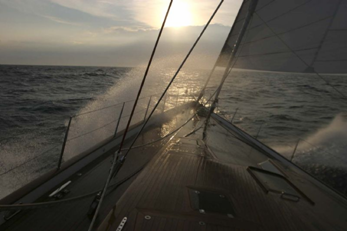
Owner Robert Miller (Hong Kong/New York, N.Y.) and his crew on board the 140-foot (43m) schooner Mari-Cha IV are at present on course to pass Lizard Point tomorrow morning to better Charlie Barr and the schooner Atlantic's 100-year-old race record by more than two and a half days. "This is my seventh transatlantic crossing, and I can safely say that it has been by far the toughest one for me," Robert Miller confided.
"Not only has the weather been in our face for the first six days, making life extremely difficult, but since then we have always been sailing close to the limit, which means that there is the risk of hurting the boat and the crew. "At times, I've felt that perhaps the ghost of 1905--Charlie Barr--is looking down on us and enjoying every bit of hardship we are encountering. But there is not time to dwell on that, as we have a race to win. The competition has also been tough, but I must say enjoyable--Maximus and ourselves have spent the whole race running close together and have been, at times, only 15-20 miles apart." Despite Mari-Cha IV being 40 feet (12.1m) longer than the newly launched Maximus, the two boats have remained together as if attached by elastic, with the giant schooner regaining the lead on Sunday for the first time since sustaining damage to her rig. At 12:48 UTC, Mari-Cha IV had Maximus still 30 miles astern with 390 miles to go to the Lizard.
According to navigator Jef d' Etiveaud, she was making 20 knots, broad reaching/running in 20 knots of southwesterly wind. "We are pushing the boat. We know that on this point of sail we and Maximus are very even," he said, adding that despite last week's rig problems, they have once again been pushing the boat to 100%. "Everyone is concentrating very hard, but as long as we can keep them a few miles behind, we are happy." While Mari-Cha IV and her crew may tomorrow be able to bask in the glory of having set the fastest race time to the Lizard, handicap victory in the Grand Prix class seems equally assured for Maximus, as the larger schooner must give the smaller sloop 79 minutes time per 24 hours. Given their present speed and separation, tomorrow morning might see the two boats finishing between 90 minutes and two hours apart on the water.
A majority of the fleet, from the front runners back, are now enjoying favourable 20-30 knot southwesterly winds, making for a much faster run than they have experienced to date. In the match race of the Dubois-designed 170 footers in Performance Cruising class 1, the sloop Tiara and its charterers from the Societe Nautique de Geneve remain ahead of the ketch Drumbeat. But leading, it is Chris Gongriepe's smaller Dutch spirit of tradition schooner Windrose on a course farther south than that taken by the Grand Prix maxis. Some 450 miles astern of the 170 footers, Tempest, the 80-foot (24.4m) Sparkman & Stephens maxi chartered to Bugs Baer and William Hubbard III, is currently leading Performance Cruising class 2. Her crew is enjoying the ride, reports Bugs Baer:
"Racing in 30 knots is strenuous. We had a chute blow out, but it is already under repair and it should be back up soon. We've had some minor equipment problems. There are no injuries other than some aches and pain and strains. Everyone will arrive healthy I think. But it is tough going--hard steering, a lot of strains in the equipment. We have to replace the chafing gear on halyards and guys." This morning, Tempest was experiencing 27-knot winds and 8-foot seas from the southwest, big enough to get some exciting surfs. Otherwise the Atlantic is a lonely place. "We haven't seen any other boats for seven days," said Baer. We had a conversation with a 30-foot boat that was racing from Barbados to the Azores. They saw a mast and called us, but we never saw theirs."
For the Classics, A. Robert Towbin's Sumurun holds a 140-mile lead on the water over Dr. Hans Albrecht's Nordwind. From on board Atlantic on day 10 of the race for the Kaiser's Cup, Frederick Hoyt wrote: "Worse and more of it. On going on deck for the morning sight, it was blowing a whole gale from the southwest and a heavy sea was on the quarter. There were four oil bags strung at intervals along the weather side, but they did not seem to have much effect. The ship was under nothing but the squaresail and fore trysail in a heavy following sea with both quartermasters lashed to the wheel, and once in a while the whole quarter deck flooded with the top of a wave which would slop over the rail."
Listen to satellite telephone interviews from the Rolex Transatlantic Challenge: www.regattanews.com
...
...
...
Key Partners Marketing Services (KPMS)
2, Rue des Terreaux,
CH-2000
Neuchâtel, Switzerland



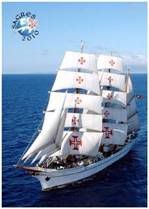





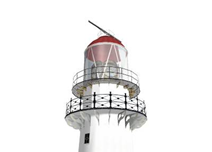













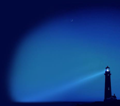


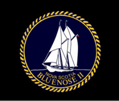

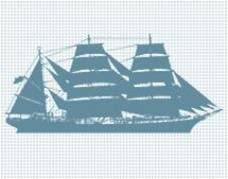
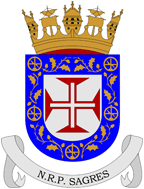

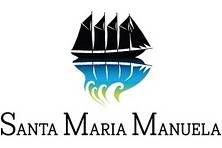
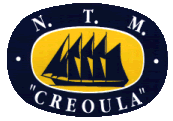

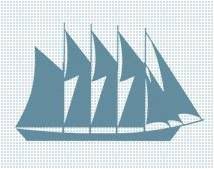


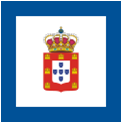
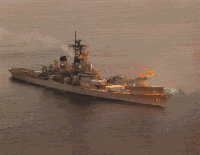


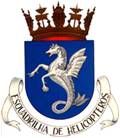
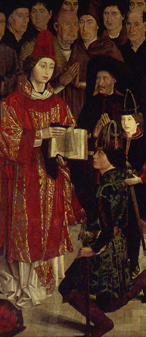
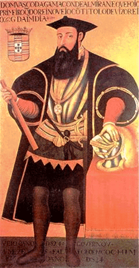
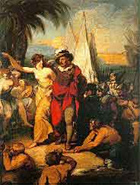

.jpg)




























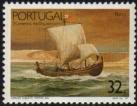
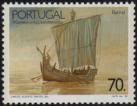
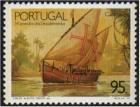
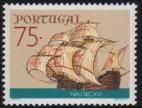









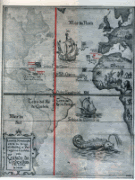



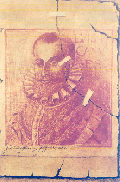



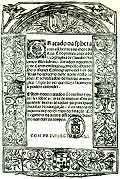
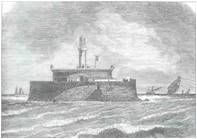
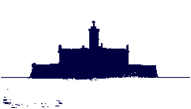


































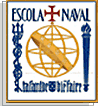
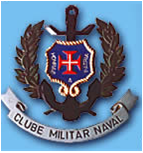
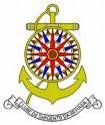





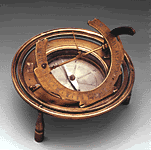
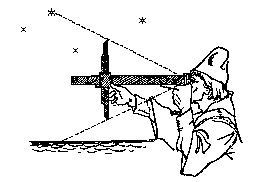
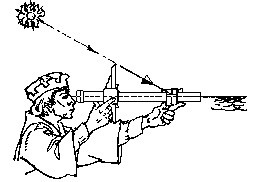







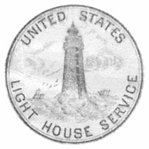

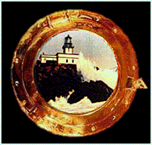


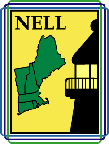





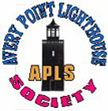



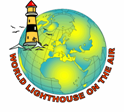
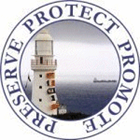
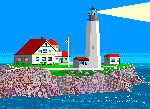




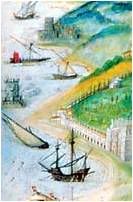
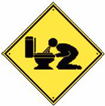
Sem comentários:
Enviar um comentário